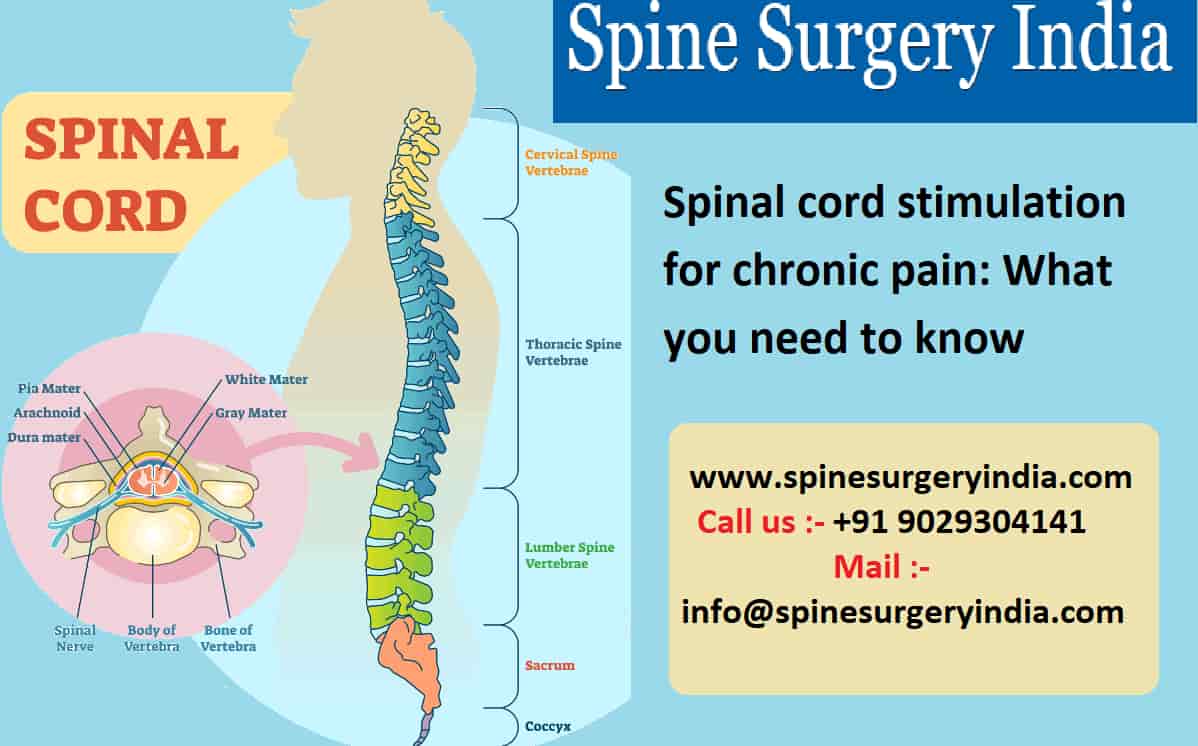Get Spinal Fusion Liable to treat Scoliosis and Kyphosis
Spinal Fusion
Spinal Fusion heals well on Spinal Deformities
At this cutthroat age, the role of medical science has its presence profitable to have been helping in widening smile of people better than other options to have. Meaning that the medical industry constitutes for absolute contentment of lifestyle, people are inclined to considering the medical arena all-answers to their medical queries, as a whole.
In India, the gamut of medical science covers every medical condition, and affirms people live healthier till they live. Yes, it becomes possible after the multitude of medical addresses shows its attendance effectual such as Spine Surgery India does so.
Meant to have been coming with whole cast of spinal surgeries and treatments in India but went famous all across the globe, the company is set to ensure its clients go wrinkle-free of their spinal disorders ever. At the company, spinal fusion surgery renders itself a surgical technique used to join two or more vertebrae.
Also known as Spondylodesis or Spondylosyndesis, spinal fusion surgery is used primarily to eliminate pain caused by abnormal motion of vertebrae by immobilizing the faulty vertebrae themselves. On the other hand, spinal fusion appears also as the preferred way to treat most spinal deformities, specifically scoliosis and kyphosis.
Why to Spinal Fusion?
Why Spinal Fusion is performed?
At Spine Surgery India, Spinal Fusion is meant to be used when to need for treating to:
- Broken vertebrae
- Deformities of the spine
- Spinal weakness or instability
- Spondylolisthesis
- Herniated disc
- Chronic low back pain
Risks to Spinal Fusion
Risks to Spinal Fusion
- Infection
- Bleeding
- Pain at graft site
- Recurring symptoms
- Pseudarthrosis
- Nerve damage
- Blood clots
Before the Surgery
Before the Surgery
- Patients who have spinal fusion and continue to smoke may not heal as well. So stop smoking.
- Two weeks before surgery, your doctor or nurse may ask you to stop taking medicines that make it harder for your blood to clot.
- If you have diabetes, heart disease, or the other medical problems, your surgeon is likely to ask you to see your regular doctor.
- Ask your doctor which medicines you should still take on the day of the surgery.
After the Surgery
After the Surgery
- You will stay in the hospital for 3-4 days after the surgery.
- You will be taught how to move properly and how to sit, stand, and walk.
- You will be advised to make use of a “log-rolling” technique when getting out of bed. This means that you move your entire body at once, without twisting to your spine.
- You may not be able to eat for 2-3 days. So you will be given nutrients through an IV.
- When you do leave to the hospital, you may need to wear a back brace/cast.
- Your healthcare team is likely to tell you on how to take care of yourself at home after the surgery.




















